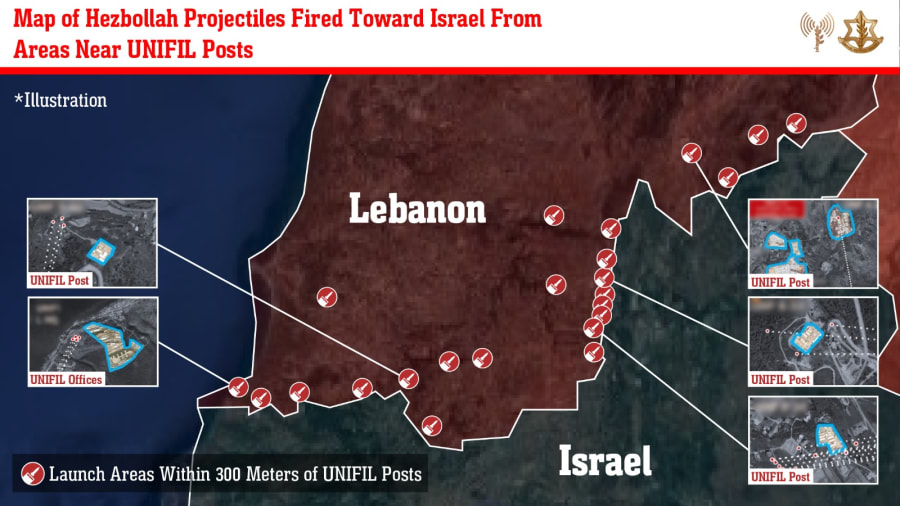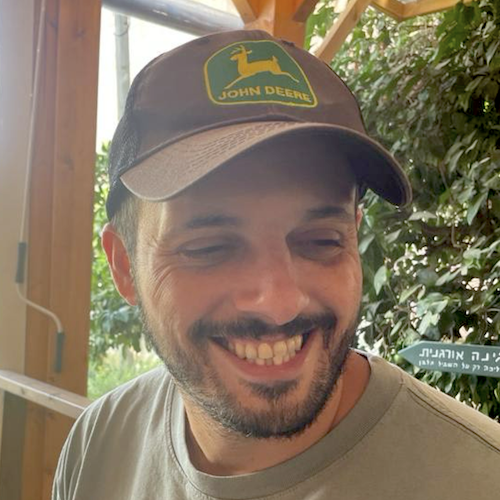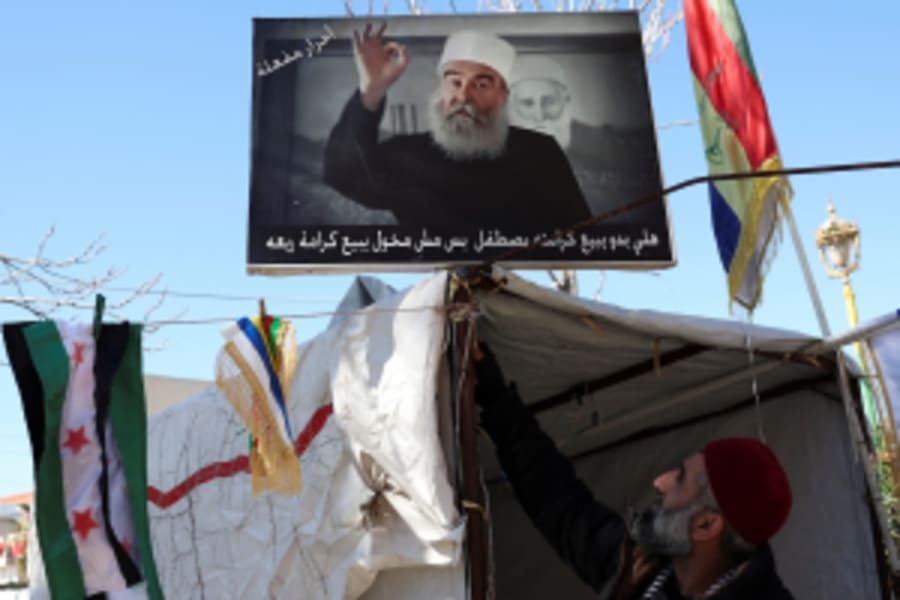Peacekeepers, bystanders or human shields? Israel's mounting frustrations with UNIFIL in Lebanon

The United Nations Interim Force in Lebanon (UNIFIL), established in 1978 to confirm Israel's withdrawal from Lebanon and restore peace and security, has become a source of growing concern for Israel. This article examines Israel's main objections to UNIFIL's presence and operations in southern Lebanon.
Israel's major concerns
1. Ineffectiveness in preventing Hezbollah's military buildup
Israel's primary concern is UNIFIL's perceived failure to prevent Hezbollah from rearming and expanding its military capabilities in southern Lebanon. Despite UNIFIL's mandate to assist the Lebanese government in establishing an area free of unauthorized weapons between the Litani River and the Blue Line, Israel contends that Hezbollah has significantly increased its arsenal.
2. Lack of access to Hezbollah-controlled areas
UNIFIL's limited access to areas controlled by Hezbollah allegedly hinders its ability to monitor and prevent the group's military activities. This restriction has allowed Hezbollah to maintain secrecy around its operations.
3. Failure to prevent cross-border tunnels
The discovery of cross-border tunnels dug by Hezbollah into Israeli territory has further eroded Israel's confidence in UNIFIL's effectiveness. Israel argues that these tunnels, used for smuggling arms and personnel, should have been detected and prevented by UNIFIL forces. Notably, some of these tunnels were found close to UNIFIL bases, raising questions about the peacekeeping force's ability to monitor and prevent such activities in areas under their direct supervision. This proximity has intensified Israel's concerns about UNIFIL's effectiveness and the extent of its situational awareness in southern Lebanon.
4. Perceived bias against Israel
Some Israeli officials have accused UNIFIL of harboring a bias against Israel, citing instances where UNIFIL personnel have made statements critical of Israeli actions in Lebanon. This has contributed to a lack of trust between Israel and the UN force.
5. Issues with UNIFIL's mandate
Israel has expressed reservations about the repeated extensions of UNIFIL's mandate, arguing that these extensions perpetuate an ineffective status quo. Israeli officials have called for a more robust mandate that would allow UNIFIL to take more proactive measures against Hezbollah's military activities.
The boiling pot: recent escalation
On Oct. 13, 2024, a series of alarming events unfolded that epitomize the complex relationship between Israeli forces and UN peacekeepers. UNIFIL reported that Israeli tanks forcibly entered one of their positions near the Israeli border, destroying the main gate and demanding the post turn out its lights. Rounds fired nearby caused smoke to enter the UNIFIL camp, resulting in 15 peacekeepers suffering skin irritations and gastrointestinal reactions.
Conflicting perspectives
UN Sec.-Gen. António Guterres warned that attacks on peacekeepers "may constitute a war crime," stressing that "UNIFIL personnel and its premises must never be targeted."
In response, Israeli Prime Minister Prime Minister Netanyahu accused UNIFIL of inadvertently acting as a "human shield" for Hezbollah. He stated, "Your refusal to evacuate UNIFIL soldiers has turned them into hostages of Hezbollah. This endangers both them and the lives of our soldiers," urging the UN to withdraw UNIFIL forces from the area immediately.
Israel's objections to UNIFIL's presence in Lebanon stem from a combination of factors, including the force's perceived ineffectiveness in curbing Hezbollah's military buildup, its limited access to Hezbollah-controlled areas, and its failure to prevent cross-border tunnels.
The perceived bias against Israel and concerns about the mandate's continuous extension have further strained the relationship between Israel and UNIFIL, as Israel continues to advocate for a more effective international presence in southern Lebanon that can adequately address its security concerns.

Tolik is a Middle East analyst and media professional with extensive experience in covering regional geopolitical developments. His background spans analytical journalism, media production, and strategic communications, having contributed to major Israeli and international television networks and newspapers.













